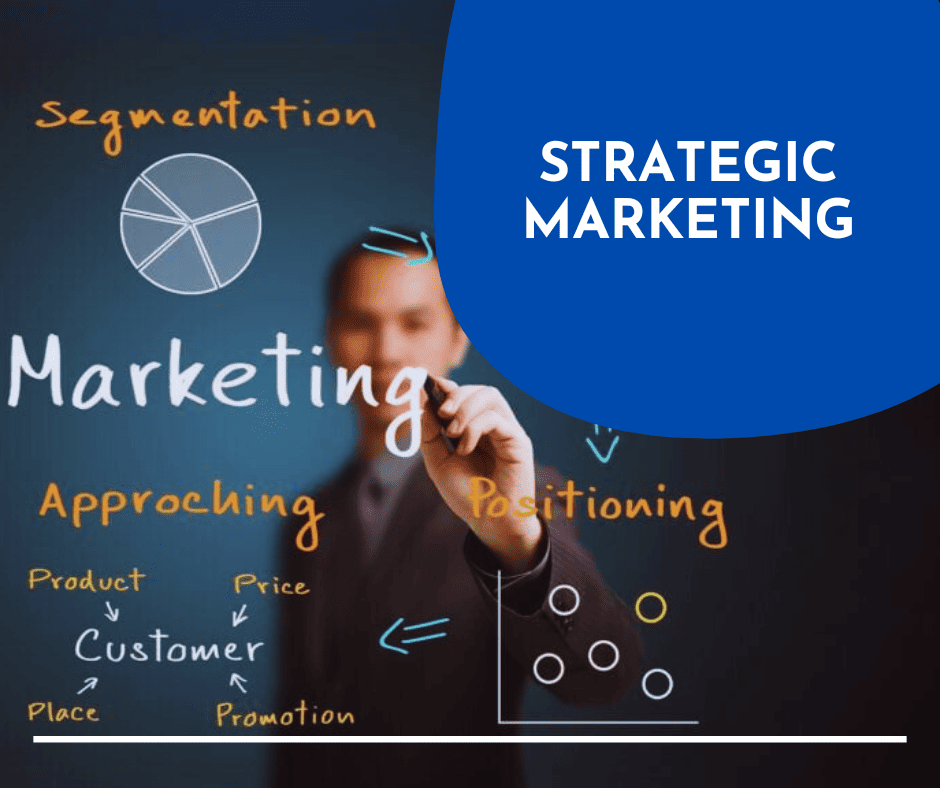
Marketing is an ever-evolving field that is constantly adapting to consumer behavior and technology advancements. As a marketer, it is crucial to have a solid understanding of the key elements of the marketing planning process in order to develop a successful marketing strategy. In this free course, we will explore the essential components of marketing planning and how they all revolve around the consumer.
To begin, let's define what marketing planning is. It is the process of creating a strategic plan to promote a product or service to a specific target market. This plan serves as a roadmap for organizations to identify their target audience, understand their needs and preferences, and develop effective marketing strategies to reach and engage with them.
The first step in marketing planning is market segmentation. This involves dividing the market into distinct groups of consumers with similar characteristics and needs. By segmenting the market, organizations can tailor their marketing efforts to each group, resulting in more effective communication and a higher chance of success.
Next, targeting is crucial in marketing planning. Once the market is segmented, organizations must choose which segments to target based on their potential profitability and fit with the company's objectives. This decision is influenced by factors such as competition, resources, and consumer behavior.
Positioning is another vital aspect of marketing planning. It refers to how a company wants its product or service to be perceived in the minds of consumers. Effective positioning requires a deep understanding of the target market and their preferences, as well as a thorough analysis of the competition.
The 4 Ps of marketing, also known as the marketing mix, are the key tactical tools used to bring a product or service to market. They include product, price, place, and promotion. These elements work together to create a cohesive marketing strategy that meets the needs of the target market while achieving business objectives.
In addition to these core components, marketing planning also includes market research, consumer behavior analysis, and brand management. Market research helps organizations gather data and insights about their target market, while consumer behavior analysis helps them understand the decision-making process of their consumers. Brand management is the process of maintaining and enhancing a brand's image and reputation through various marketing activities.
Lastly, in today's digital age, it is crucial to include digital marketing communications in your marketing planning. This involves leveraging digital channels such as social media, email marketing, and search engine optimization to reach and engage with consumers.
Throughout this free course, it is evident that all marketing efforts revolve around the consumer. Understanding their needs and preferences, and using that information to develop effective marketing strategies, is key to creating successful connections with consumers. As marketers, we must also be mindful of legal guidelines and responsible practices to build a strong relationship with our target audience.
In conclusion, marketing planning is a crucial process that serves as a guide for organizations to connect with consumers and achieve their business goals. It involves understanding the target market, developing effective strategies, and leveraging various marketing tactics to reach and engage with consumers. I highly recommend enrolling in this free course to deepen your understanding of the marketing planning process and enhance your marketing skills.


